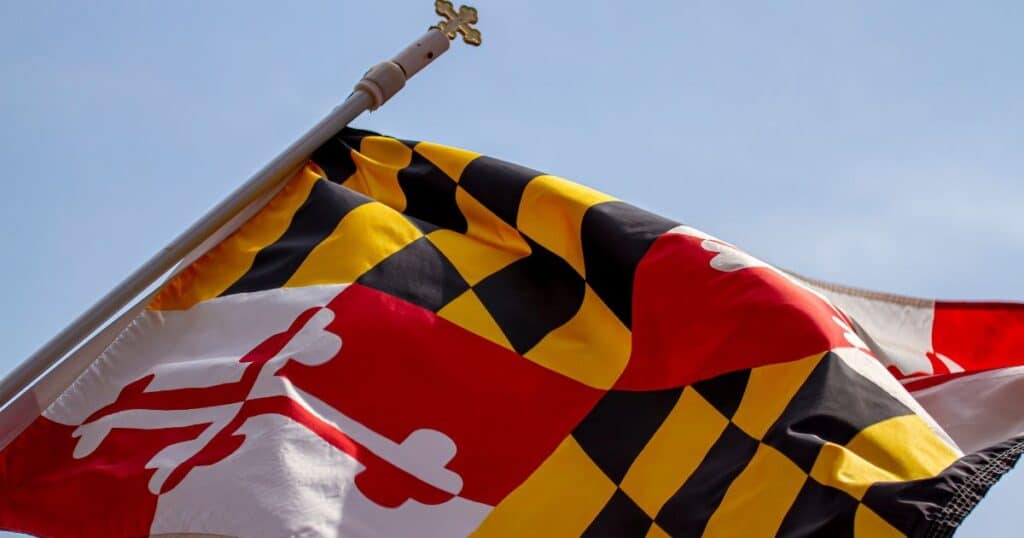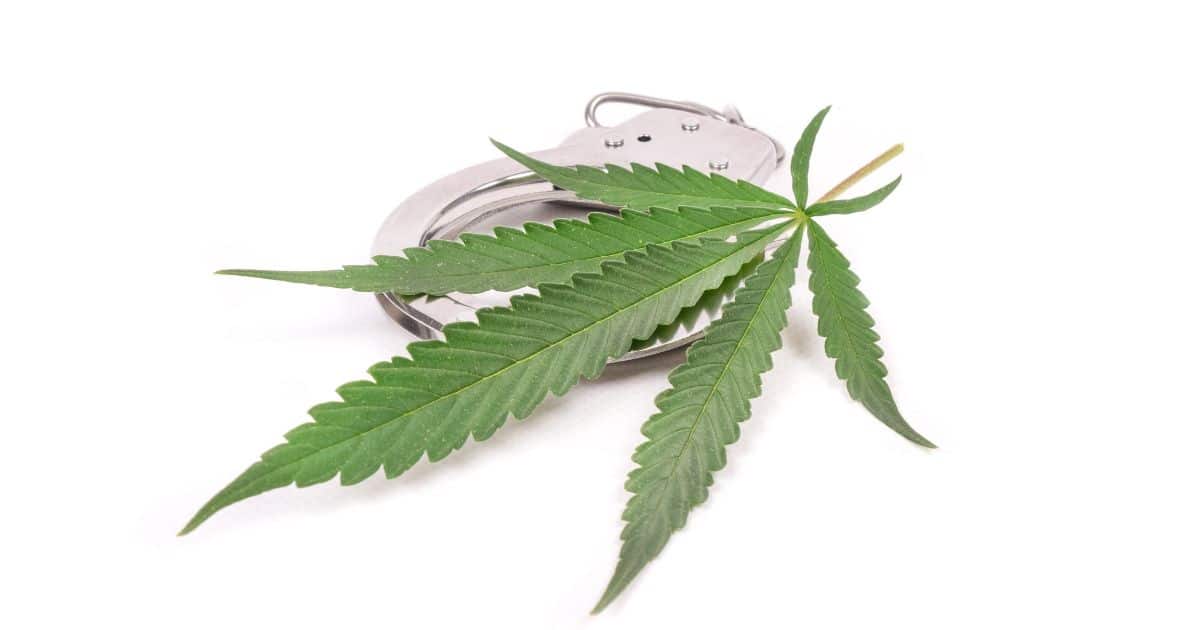The tides of change are sweeping across Maryland as Gov. Wes Moore takes a monumental step in marijuana reform. With the signing of an executive order, Moore announced the pardon of more than 175,000 convictions related to marijuana possession and paraphernalia. This move not only marks a significant shift in state policy but also aims to rectify the lasting consequences of the war on drugs.
I am humbled to be with you in the historic Maryland State House – as we make history of our own, together.
— Governor Wes Moore (@GovWesMoore) June 17, 2024
This morning – with deep pride and soberness – I will pardon over 175,000 convictions related to the possession of cannabis and cannabis paraphernalia https://t.co/RiP96MxciX
New Dawn For Marylanders with Marijuana Convictions
Maryland’s decision to legalize recreational cannabis for adults on July 1, 2023, set the stage for this historic pardon.
Gov. Wes Moore’s executive order targets over 175,000 marijuana-related convictions, making it the most comprehensive state-level pardon in American history.
“This morning – with deep pride and soberness – I will pardon over 175,000 convictions related to the possession of cannabis and cannabis paraphernalia” Gov. Moore posted via Twitter.
The scope of this action reflects a growing acknowledgment of the unjust impact of cannabis criminalization. While the pardons won’t erase the past, they represent a vital step toward justice and equity.
Recognizing that past convictions continued to hinder the lives of many, particularly within minority communities which he noted during a press release about the executive order.
“Legalization does not erase the fact that nearly half of all drug arrests in Maryland during the early 2000s were for cannabis. It doesn’t erase the fact that Black Marylanders were three times more likely to be arrested for cannabis than white Marylanders before legalization,” he said. “It doesn’t erase the fact that having a conviction on your record means a harder time with everything, everything from housing to employment to education.”
The war on drugs has disproportionately affected communities of color, leading to higher incarceration rates and long-term socioeconomic disadvantages. Moore’s decision to pardon these convictions is a direct response to these injustices. By removing the stigma of past convictions, Maryland aims to provide better housing, employment, and education opportunities.
Process Behind the Pardon of Marijuana Convictions
The executive order mandates the Maryland Judiciary to update individual criminal records with a note indicating the pardon. This process, expected to take about two weeks, will absolve individuals from the guilt of their offenses.
However, it’s essential to note that a pardon differs from expungement, which would completely remove the conviction from public records.
By addressing the consequences of past marijuana convictions, Maryland hopes to unlock significant economic and social benefits. Removing barriers to employment and housing can lead to increased economic mobility and stability for affected individuals. This move also aligns with broader efforts to promote social equity and justice.
Federal Context and Future Directions
Public support for marijuana legalization has surged in recent years. A Gallup poll conducted in November 2023 revealed that 70% of Americans favor cannabis legalization. Maryland’s decision to pardon past convictions reflects this shift in public opinion and demonstrates the state’s commitment to aligning its policies with contemporary attitudes.
Maryland’s action comes amid a broader national trend toward marijuana reform. The Biden administration’s recent proposal to reclassify marijuana from Schedule I to Schedule III after being recommended by the HHS and the DEA indicates a growing recognition of the need for policy changes at the federal level. This reclassification would reduce the severity of federal penalties for marijuana possession and pave the way for further reforms.
The Justice Department has submitted a Notice of Proposed Rulemaking to the Office of the Federal Register, initiating a 60-day public comment period. If approved, the reclassification of marijuana could significantly impact federal drug policy, aligning it more closely with the evolving legal landscape in states like Maryland and 24 other states where cannabis is recreationally legal, with more potentially joining later this year.

Maryland’s landmark decision to pardon over 175,000 marijuana convictions marks a significant stride toward justice and equity. By addressing the enduring impacts of cannabis criminalization, the state aims to offer improved opportunities for those affected and align its policies with modern public opinion.
This action, coupled with ongoing federal initiatives, underscores the urgent necessity for sustained advocacy and reform in marijuana legislation. It aligns with the growing trend of cannabis becoming more mainstream, prompting laws to evolve accordingly.
- Ohio’s Senate Bill 56 Postponed, Leaving Details of Issue 2 Still Unresolved
- Sports Stars and Well Known Entertainers Join Forces Calling on Trump for Cannabis Reform
- Pinsky and the Brain: Bill White on His Journey to Consulting in Cannabis
- Delaware’s Recreational Cannabis Market Finally Set to Launch After Years of Challenges
- Excise Tax Increase to 19% and Its Impact on California Retailers
- Nebraska’s Governor Approves Emergency Medical Cannabis Regulations













